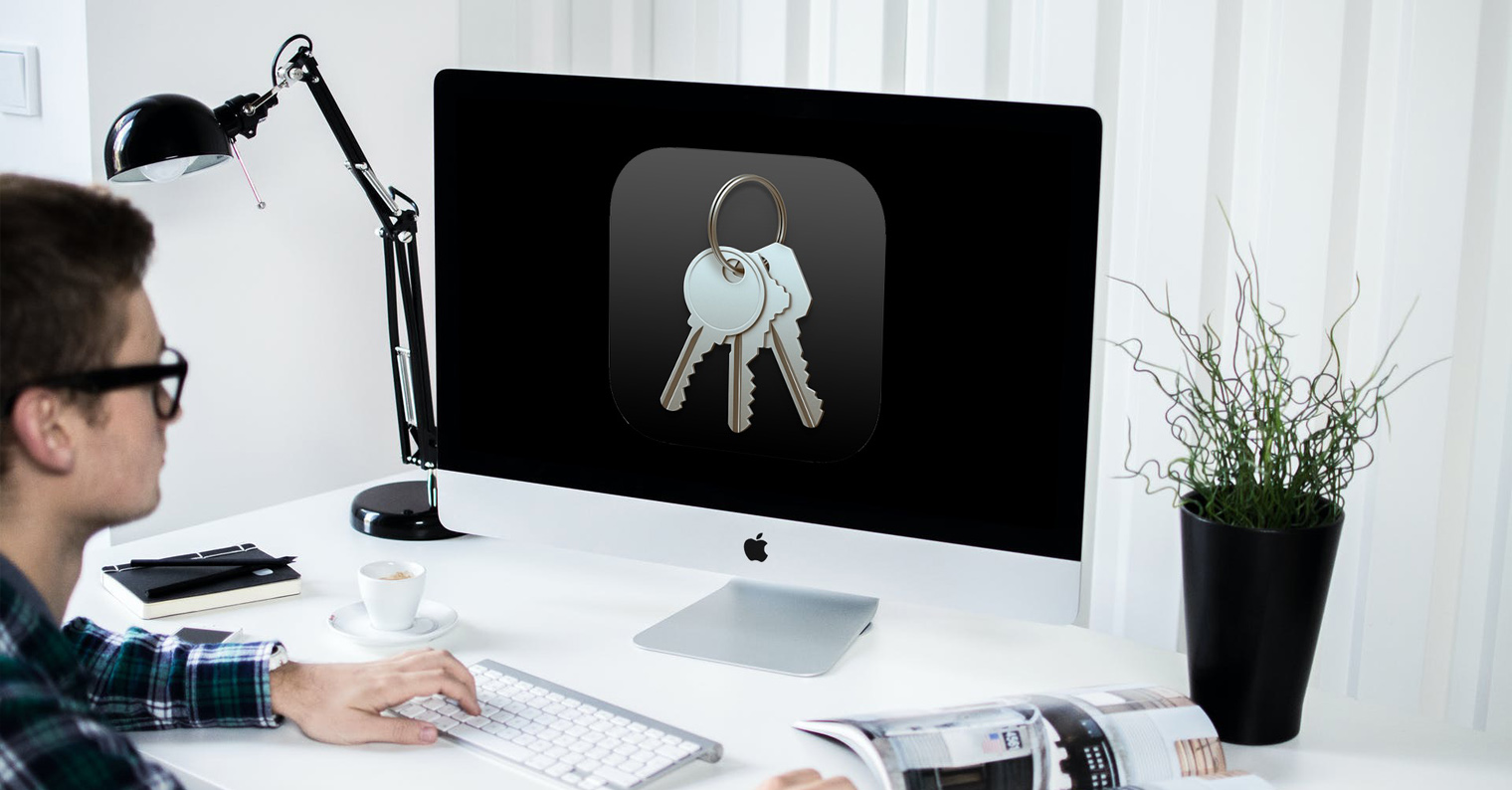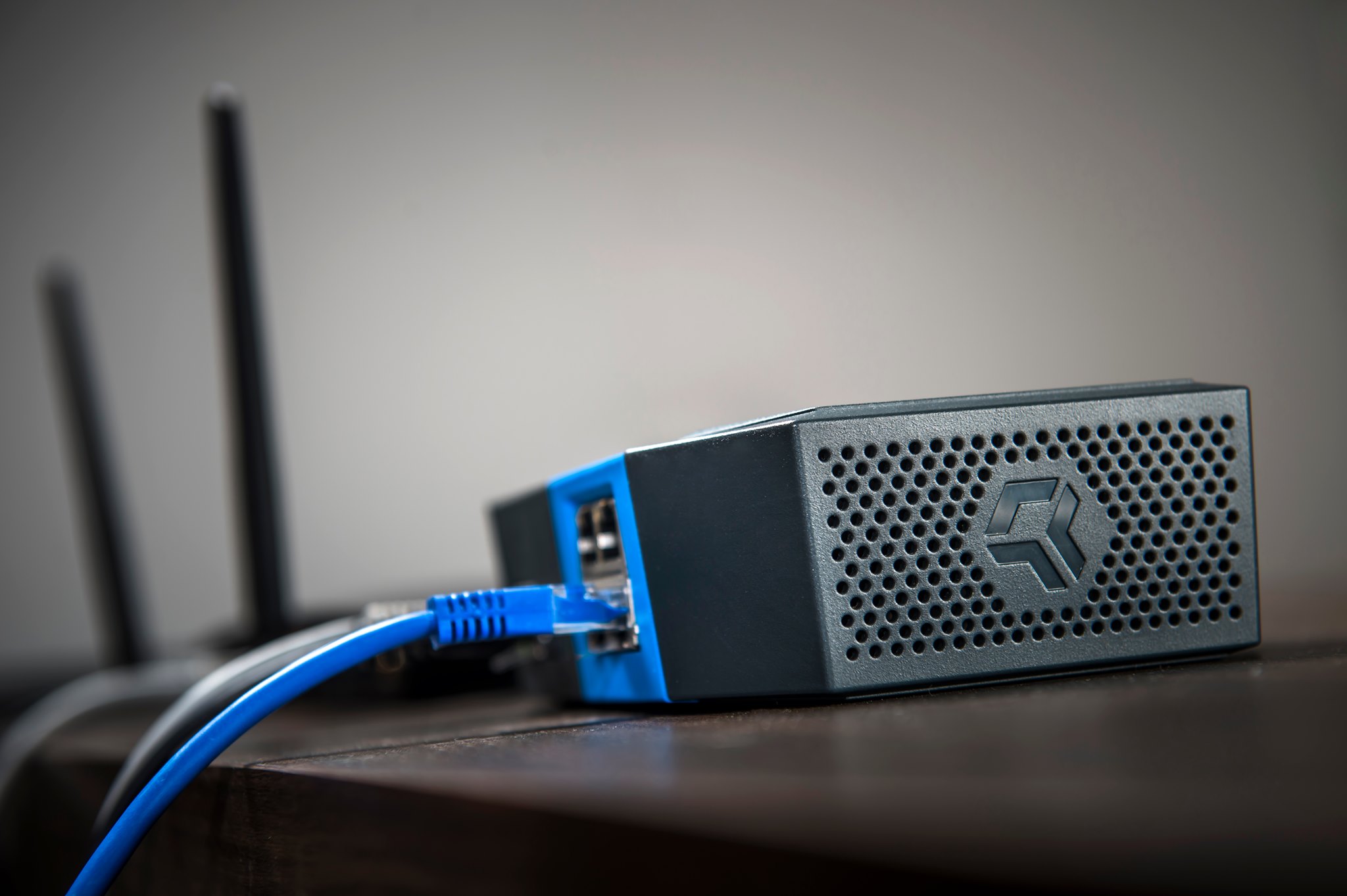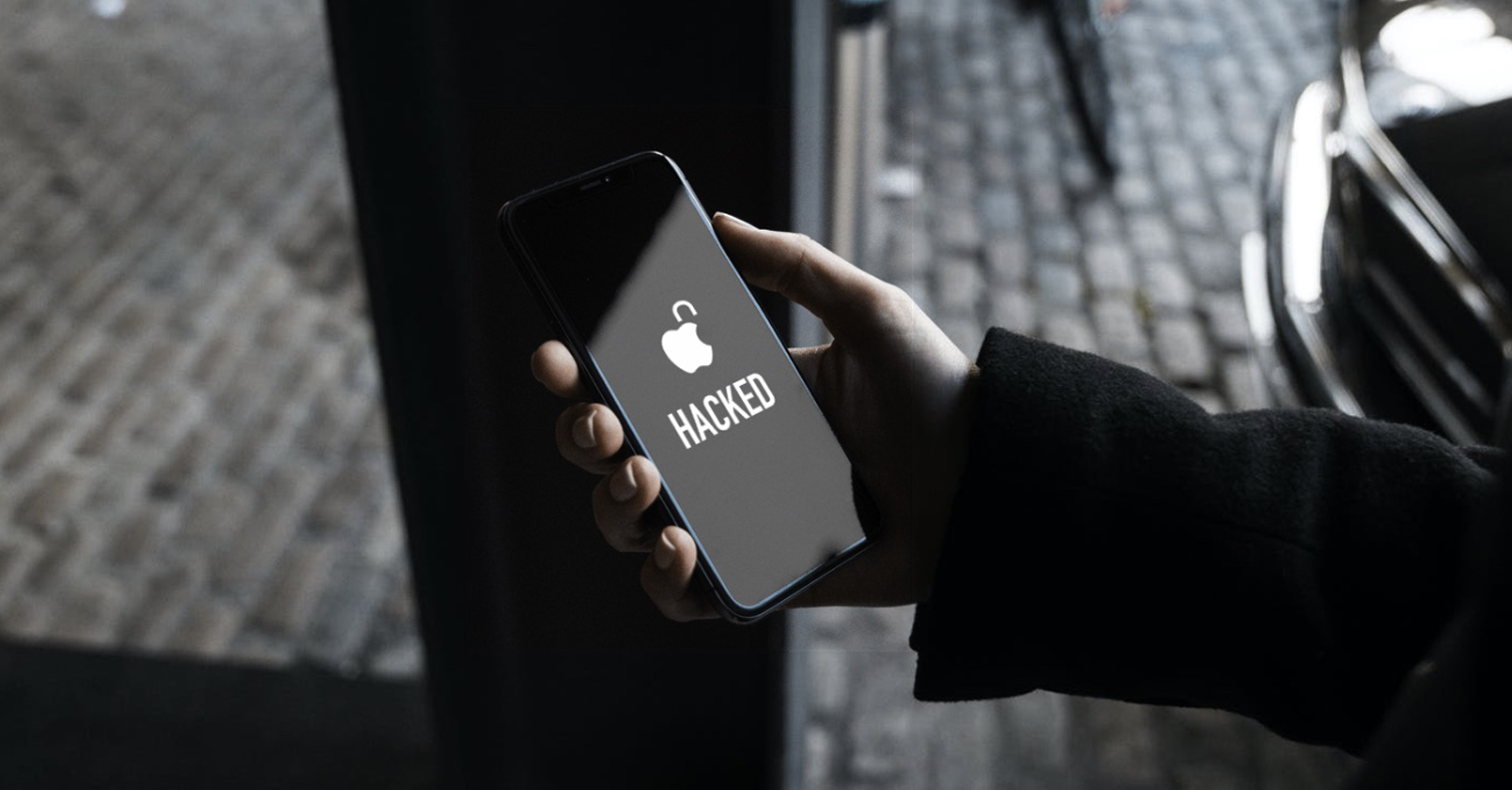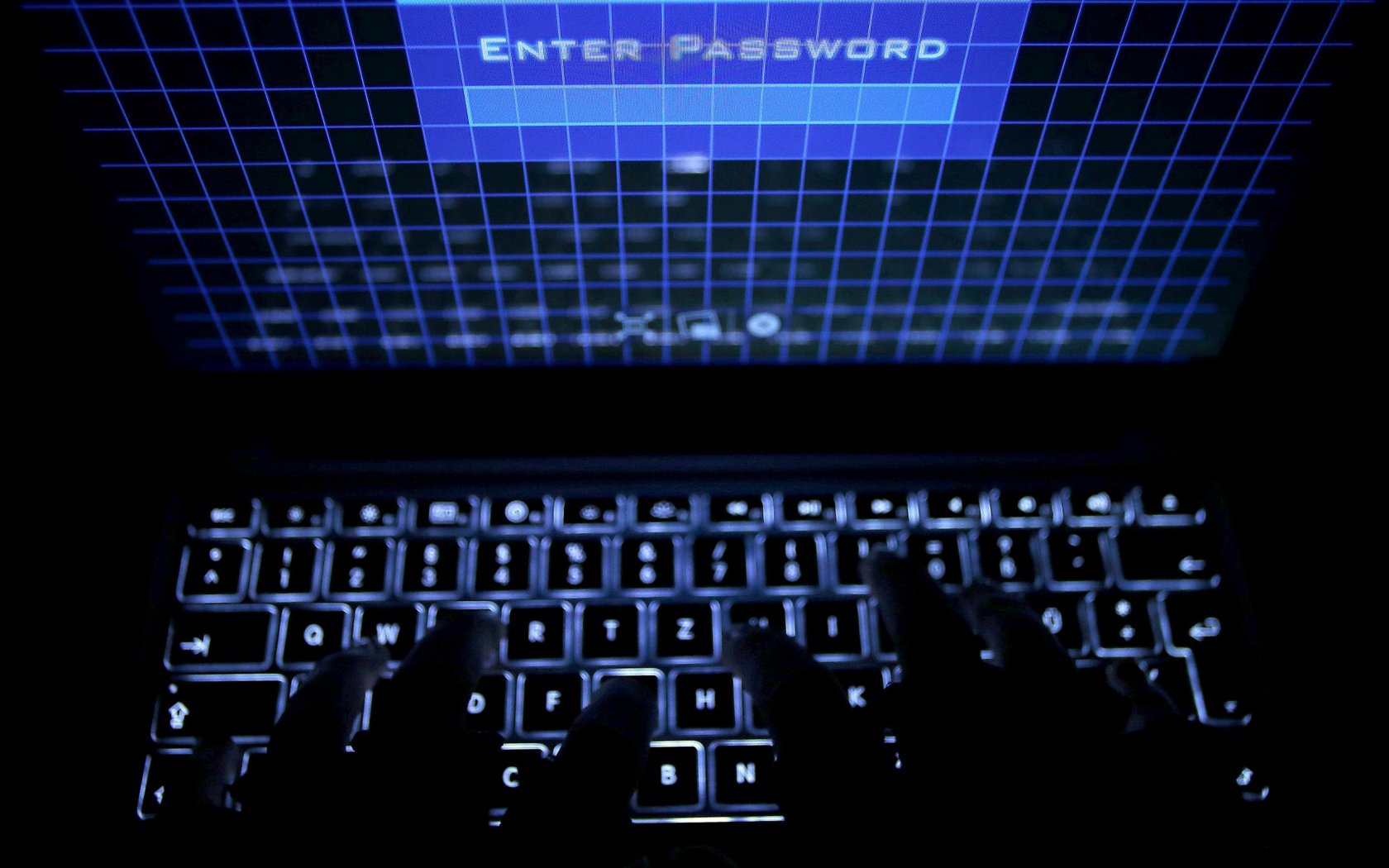While just a year ago the possibility of working from home was one of the employee benefits, today it is an absolute necessity to keep companies and other organizations running. But according to the security system Sentinel around 9 cyber attacks target the average household every day.
The ability to work remotely with business applications and data can take many forms, and depending on the specific solution, security risks need to be addressed. It differs depending on whether we connect from our home computer to the desktop of a computer connected to the company network, work with a company (or private) laptop connected to the company network via a VPN connection, or use cloud data access for communication and collaboration with colleagues services. So below are 10 tips for working from home safely.
It could be interest you

Use only well-secured Wi-Fi
The best solution is to create a separate network for connecting work devices. Check the security level of your network and carefully consider what devices have access to your network. Your children certainly do not need to join it.
Update your home router's firmware regularly
It is stated by everyone, everywhere and for all occasions. It is the same in this case. Updates often include security fixes, so update when they are available. This also applies to computers, tablets and mobile phones.
Standalone hardware firewall
If you cannot replace your home router with a more secure one, consider using a separate hardware firewall. It protects your entire local network from malicious traffic from the Internet. It is connected with a classic Ethernet cable between the modem and the router. It usually offers maximum security thanks to a secure standard configuration, automatic firmware updates and an adaptive distributed firewall.

Restrict access
No one else, not even your children, should have access to your work computer or phone or tablet. If the device must be shared, create their own user accounts for other household members (without administrator privileges). It is also a good idea to separate your work and personal accounts.
Unsecured networks
When working remotely avoid connecting to the Internet through unsecured, public networks. It is only safe to connect through your home router with current firmware and correct network security settings.
Don't underestimate preparation
Your company's IT department administrators should prepare your devices for remote work. They should install security software on it, set up disk encryption, and also connect to the corporate network via VPN.
Save data to cloud storage
Cloud storages are sufficiently secured and the employer has full control over them. In addition, thanks to external cloud storage, there is no risk of data loss and theft in the event of a computer attack, since the backup and protection of the cloud is in the hands of their provider.
It could be interest you

Feel free to verify
At the slightest suspicion that you have received a fake e-mail, for example on the phone, verify that it is really a colleague, superior or client who is writing to you.
Do not click on the links
Of course you know it, but sometimes the hand is faster than the brain. Do not click on links in e-mails or open any attachments unless you are 100% sure that they are safe. If in doubt, contact the sender or your IT administrators.
Don't rely on software
Don't just rely on security software that may not always recognize the latest types of threats and cyber attacks. With the appropriate behavior listed here, you can save yourself not only the formation of wrinkles on your forehead, but also unnecessarily lost time and, possibly, money.
It could be interest you








 Adam Kos
Adam Kos